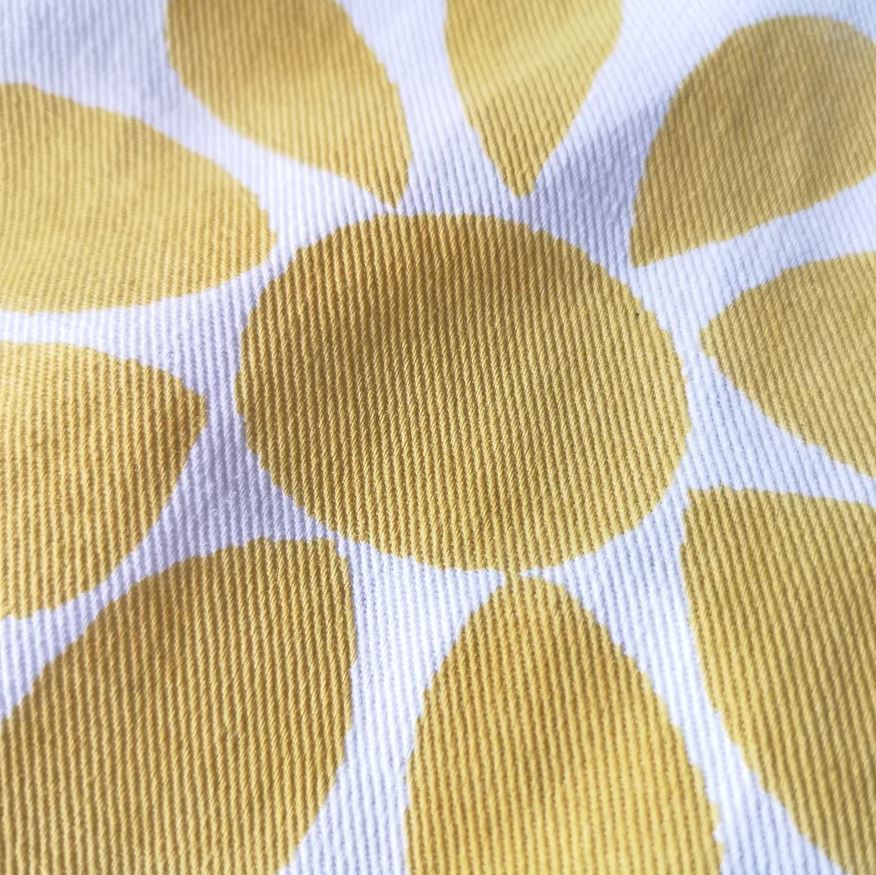For over two decades, researchers at the Dornbirn Textile Chemistry and Textile Physics Institute have been on a mission to revive natural dyes. Though eco-friendly alternatives are gaining traction, traditional dyes often fade quickly or cost more.
But the tide is turning, fueled by stricter sustainability regulations and growing consumer demand for green products. Natural dyes are already thriving in food and cosmetics, and Judith Deriu, a researcher at the institute, aims to bring them to textiles.
Her focus? Reds and blues – elusive shades missing from the natural dye palette. “They’re chemically unstable,” Deriu explains, “but we’re making progress.” Yellow, ochre, olive green, and brown already hold promise for industrial use.
The source is mature leftovers. Sawdust turns into black dye, onion skins become olive green, and blueberries, algae, and berries yield vibrant blues and reds. Indigo and madder, though classic, are out due to inefficient Central European production. Deriu prioritizes local sources to minimize the carbon footprint of long transport.
And it’s not just color. Sustainable binders and fibers are replacing petroleum-based products. Bio-based cellulose fibers from wood get a vibrant makeover with plant pigments, while biodegradable polysaccharides replace microplastic-laden binders in textile and paper printing.
Sustainable vegetable oils and resins become paper printing inks, ready for the market with just a particle size tweak. “Our pigment particles are still too large for paper printing, they have to be smaller than 3 micrometers,” says the chemist. Textile printing shows even greater promise, with marketable products on the horizon, such as shopping bags or event T-shirts. Wrapping paper and packaging materials could soon bloom with natural colors in the paper sector.
“To truly establish a circular economy in the textile and printing industry, everyone involved must work together: Science, industry and consumers. My research is a small piece of the puzzle in this joint effort,” says Judith Deriu.





